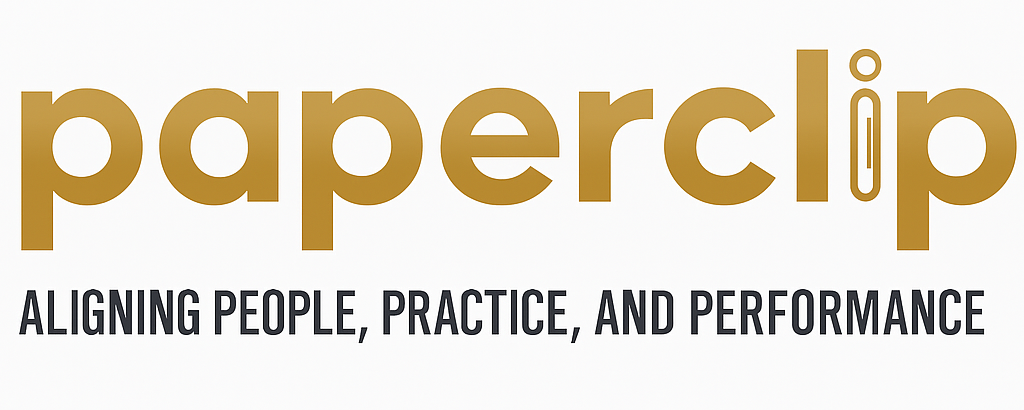Embracing Work-Life Balance & Employee Development
Work-life balance has become a major concern for employees across all industries. The demands of the modern workplace can be overwhelming, leaving little time for personal commitments and self-care. As a result, employees often find themselves struggling to maintain a healthy equilibrium between their personal and professional lives.
Recognizing the importance of work-life balance, companies are taking proactive steps to champion initiatives that support their employees’ well-being. These companies understand that a healthy work-life balance not only leads to increased productivity but also ensures the long-term satisfaction and engagement of their employees.
One of the ways HR can promote work-life balance is by implementing flexible work arrangements, such as remote work options or flexible hours. This allows employees to better manage their personal responsibilities while still maintaining their professional commitments. By embracing flexible work arrangements, companies demonstrate their commitment to supporting their employees’ personal lives, leading to increased loyalty and dedication.
Promoting self-care practices is another crucial aspect of embracing work-life balance. Encouraging employees to prioritize their physical and mental well-being can have a profound impact on their overall happiness and job satisfaction.
Moreover, HR companies can offer opportunities for skill development, career growth, and learning. Employees who feel stagnant in their roles are more likely to experience burnout and dissatisfaction. By providing continuous learning opportunities such as training programs, workshops, and mentorship initiatives, HR companies empower their employees to expand their skill sets and advance in their careers. This not only benefits the individual employee but also contributes to the overall growth and success of the organization.
Embracing work-life balance and employee development is a win-win situation for both employees and HR companies. When employees feel supported and valued, they are more likely to be engaged, motivated, and productive. They are also more likely to stay with the company for the long term, reducing turnover rates and associated costs.
HR plays a vital role in championing work-life balance and employee development. By implementing flexible work arrangements, promoting self-care practices, and providing opportunities for skill development and career growth, these companies create an environment that fosters long-term employee satisfaction and engagement. Embracing work-life balance is not just a trend; it is a necessary step towards creating a healthier and more productive workforce. Let’s prioritize the well-being of our employees and ensure that they have the support and resources needed to thrive both personally and professionally.
